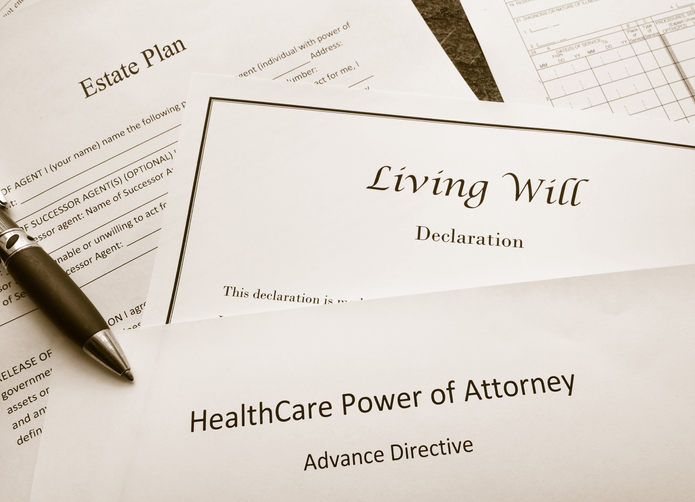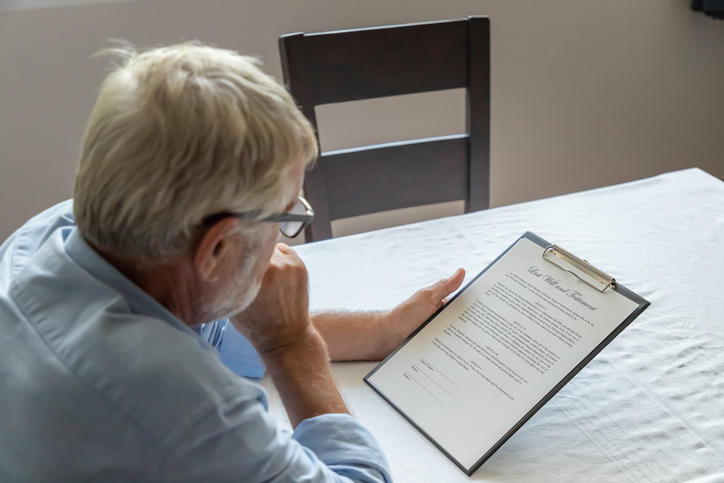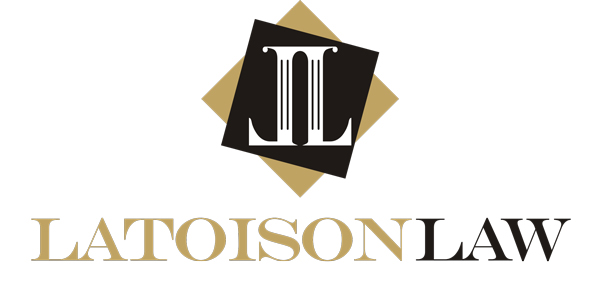Estate planning is a critical process that demands careful consideration and expert legal guidance. In Media, PA, Latoison Law’s trust attorneys bring to light the complexities and potential pitfalls of DIY estate planning. This article delves into why professional assistance is crucial for effective estate management.
The Limitations of DIY Estate Planning Tools
The rise of DIY estate planning tools has offered a seemingly convenient and cost-effective solution for drafting legal documents. However, these tools often lack the depth and personalization required for comprehensive estate planning. The nuances of asset management, particularly when dealing with unique or complex estates, require the insight and expertise of a seasoned estate planning attorney.
Understanding the Complexities of Your Estate
Every individual’s estate is unique, with a variety of assets that may include real estate, business interests, and personal belongings. Proper estate planning involves not only the allocation of these assets but also understanding their tax implications and legal requirements. An experienced estate attorney can navigate these complexities, ensuring your estate is managed according to your wishes.
The Comprehensive Nature of Estate Planning
Effective estate planning goes beyond just creating a will or a trust. It encompasses a range of legal documents and decisions, such as Durable Power of Attorney, Health Care Directives, and pour-over Wills, each serving a vital role in asset management and personal wishes. A professional attorney can provide a holistic approach, tailoring the estate plan to fit the individual’s specific needs and circumstances.
Professional Expertise Versus DIY Solutions
While DIY solutions may seem attractive for their simplicity and lower cost, the depth of knowledge and experience a professional attorney brings is invaluable. Estate planning is a field that requires not just legal expertise but also an understanding of tax law, asset management, and personal family dynamics.
The Value of Personalized Legal Advice
At Latoison Law, the emphasis is on providing personalized and detailed legal advice. Client testimonials underscore the firm’s commitment to understanding each client’s unique situation and crafting estate plans that reflect their individual needs and goals.
In conclusion, while DIY estate planning tools provide a basic framework, they cannot replace the comprehensive and personalized service offered by experienced estate attorneys. For those in Media, PA, Latoison Law offers the expertise and dedication needed to navigate the complexities of estate planning, ensuring that your legacy is secured and your wishes are honored.
Key Estate Planning Documents Every Pennsylvanian Needs

Estate planning in Pennsylvania is a multifaceted process, designed to ensure that your assets are managed and distributed according to your wishes. This process involves several key documents, each addressing different aspects of estate management:
Last Will and Testament:
A foundational document specifying how your assets will be distributed after your passing. It’s essential for expressing your final wishes and appointing guardians for minor children.
Revocable Living Trusts:
These trusts allow for more control over your assets both during your lifetime and after. They can be altered as needed and help in avoiding the probate process, potentially saving time and money.
Durable Power of Attorney:
This empowers a trusted individual to manage your financial and legal affairs if you become incapacitated, ensuring continuity in managing your estate.
Advance Health Care Directive (Living Will):
It outlines your medical treatment preferences if you’re unable to communicate, ensuring that your healthcare decisions are respected.
Medical Power of Attorney:
Designates a person to make healthcare decisions on your behalf, crucial for unexpected health crises.
Latoison Law’s Estate Planning Services: At Latoison Law, we provide personalized guidance in drafting and managing these essential documents, ensuring that your estate planning aligns with your specific needs and legal requirements in Pennsylvania.
Did You Know?
A Dynasty Trust in Pennsylvania isn’t just a tool for asset protection and tax efficiency; it’s a way to ensure your family’s wealth management for generations. This trust stands out for its ability to bypass the generation-skipping transfer tax, a notable benefit for estate planning. Implementing such a trust involves strategic planning, including precise goal setting, the selection of a diligent trustee, and meticulous drafting of the trust document. It’s particularly useful for families looking to maintain control over their financial legacy and guide future generations.
For those considering a Dynasty Trust or needing expert estate planning advice, Latoison Law is your go-to resource. Our team of experienced attorneys is ready to provide personalized guidance and solutions tailored to your estate planning requirements.
Common Estate Planning Questions (FAQs)

How to Settle an Estate in PA Without a Lawyer?
Settling an estate in Pennsylvania without a lawyer is possible but often leads to additional complexities. A trust attorney may charge more due to the time spent rectifying issues that arise from a non-professional approach.
Is There an Estate Attorney Who Will Review a DIY Estate Plan?
Estate attorneys can review DIY plans, but they often charge as much as creating a new plan, due to the effort involved in correcting and redoing the work.
What is Intestate Succession?
Intestate succession is the legal process where the state determines how to distribute an individual’s assets when they die without a valid will.
What is the Order of Intestate Succession?
The order typically follows a legal hierarchy, prioritizing close relatives like spouses and children, and then extended family.
Can I Transfer a Deed Without an Attorney?
While it’s technically possible to transfer property deeds without legal help, it’s risky and can lead to legal complications, making professional assistance advisable.
Should I Update My Estate Plan Regularly?
Yes, updating your estate plan is crucial, especially after major life events like marriage, divorce, or the birth of a child. Regular reviews ensure that your plan aligns with your current wishes and life circumstances.
Are Online Wills Legally Valid?
Online wills can be legally valid, but they may not fully cater to your specific needs or state laws. It’s always safer to have a professional review or draft your will.
Can I Write My Own Will Without a Lawyer?
You can write your own will, but without legal expertise, you might miss essential legal requirements or create ambiguities, risking the will’s validity.
What Happens if I Die Without a Will in PA?
If you die without a will in Pennsylvania, your estate will be distributed according to state intestacy laws, which may not align with your personal wishes.
How Does a Trust Differ from a Will?
A trust allows you to manage and distribute assets during your lifetime and after death, offering more control and privacy than a will, which only takes effect after death.
How Long Does the Probate Process Take in Pennsylvania?
The probate process in Pennsylvania can vary in duration. It depends on the estate’s complexity, the clarity of the will, and the court’s schedule. A straightforward estate might take a few months, while more complex situations could take a year or more.

